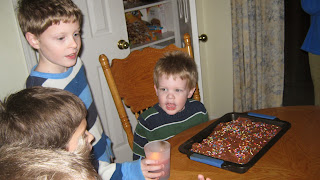Allow me to remind you that among other evident signs of a lack of humility are:
- Thinking that what you do or say is better than what others do or say
- Always wanting to get your own way
- Arguing when you are not right or — when you are — insisting stubbornly or with bad manners
- Giving your opinion without being asked for it, when charity does not demand you to do so
- Despising the point of view of others
- Not being aware that all the gifts and qualities you have are on
loan - Not acknowledging that you are unworthy of all honour or esteem, even the ground you are treading on or the things you own
- Mentioning yourself as an example in conversation
- Speaking badly about yourself, so that they may form a good opinion of you, or contradict you
- Making excuses when rebuked
- Hiding some humiliating faults from your director, so that he may not lose the good opinion he has of you
- Hearing praise with satisfaction, or being glad that others have spoken well of you
- Being hurt that others are held in greater esteem than you
- Refusing to carry out menial tasks
- Seeking or wanting to be singled out
- Letting drop words of self-praise in conversation, or words that might show your honesty, your wit or skill, your professional prestige…
- Being ashamed of not having certain possessions…
St. Jose maria Escriva, pray for us.
Most Holy Mother of God, pray for us.










